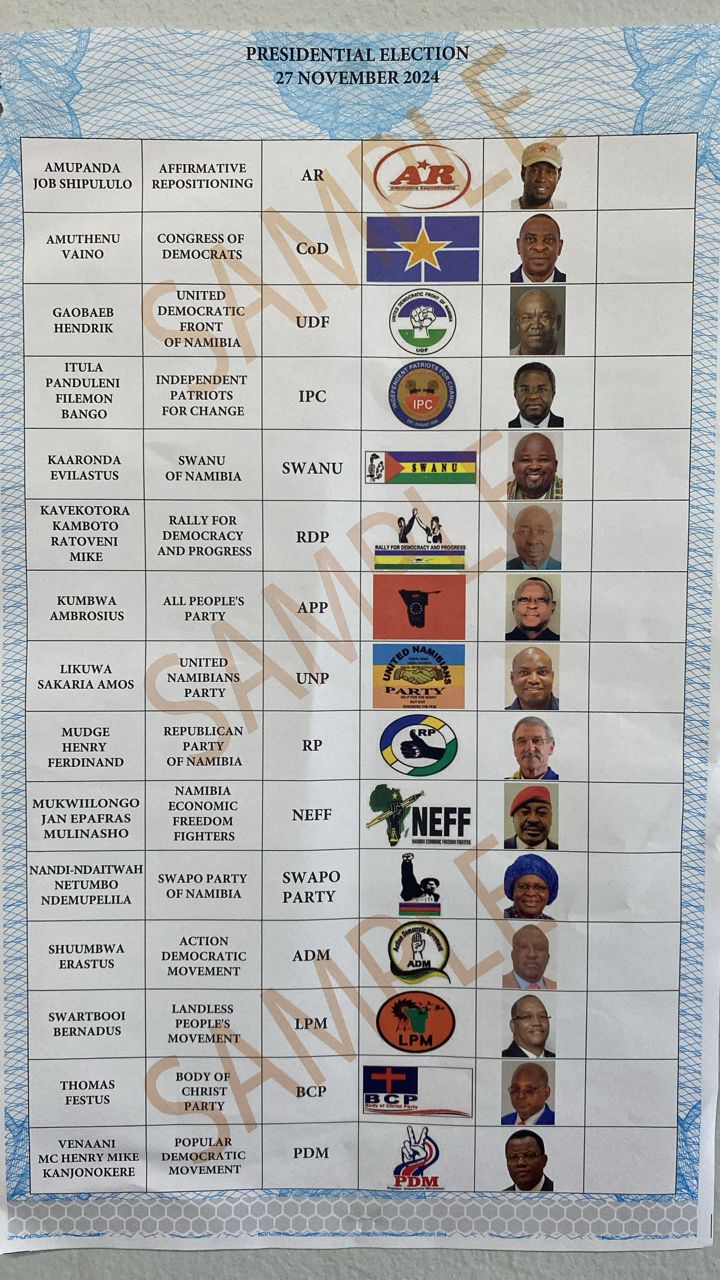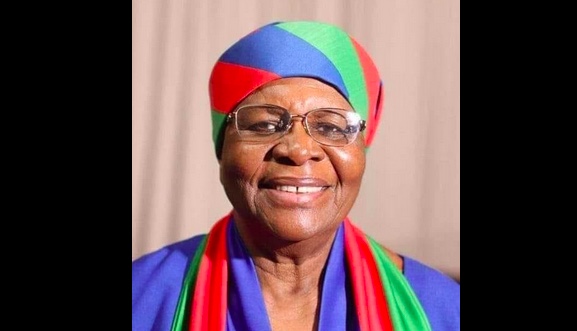SABMILLER plans to grab some of sub-Saharan Africa’s US$3 billion (N$24 billion) home-brew market with cheaper beers made from domestic crops such as sorghum and cassava.
The brewer is enlisting 55 000 local farmers to produce grains by 2012.
‘Beer is a very small part of alcohol consumption in Africa,’ Mark Bowman, who heads the company’s African unit, said last week. ‘That is our opportunity.’
Securing African ingredients could slash the price of a beer by 30 per cent, he said.
SABMiller makes beer in 15 sub-Saharan countries outside its home turf. Bowman’s US$3 billion estimate for the region’s home-brew market, excluding South Africa, is almost double the US$1,6 billion that consumers spend on industrially produced beer.
In much of sub-Saharan Africa, people make their own opaque, chunky brew from grains such as millet and sorghum, which is grown in dry areas and ground into meal.
Low incomes limit consumption to an average of six to nine litres a person in many nations, compared with 50 to 56 litres in South Africa, according to Bowman.
SABMiller’s Ugandan arm has made Eagle, a clear sorghum beer, since 2002. It is the company’s best seller in Uganda and has been taken to four other African markets.
Consumers found clear beers ‘aspirational’, and would drink more of them if they were cheaper, Bowman said. SABMiller breweries also make opaque beer, including the Chibuku brand.
Anthony Geard, an analyst at Investec, said: ‘It’s a no-brainer to produce low-cost beer’ in low income countries with low consumption.
‘It’s eminently sensible to broaden the clear beer market to include more commercially available sorghum brands. It creates a new market, and gets the local government and community on side,’ he said.
Bowman said the brewer was partly spurred into action by surging commodity prices in recent years. Cereal prices jumped 43 per cent last year, according to the UN Food and Agriculture Organisation.
Capital spending in sub-Saharan Africa would decline after it completed some major investments, Bowman said.
Spending this fiscal year would reach about 75 per cent of the US$380m to US$400m spent in the year to March, and be further cut to less than US$250m annually within a few years, he said
SABMiller planned new breweries in southern Tanzania and northern Mozambique this year. The company had also proposed investing in state breweries in Ethiopia and might acquire more non-alcoholic businesses, such as bottled water plants, he said.
A local supply chain had tax advantages, said Investec’s Geard, as traditional brewing in the region relied heavily on imported barley and malt, both subject to customs duties.
‘If you can control the supply chain all the way from the fields, it makes the costs a lot more controllable.’
Bowman said the brewer already bought crops from 15 000 farmers in the region.
A pilot project to grow cassava for brewing has already begun in Angola. SABMiller will open its biggest brewery in the region outside South Africa in Luanda this year.
Cassava would be used to add flavour rather than being the main ingredient, Bowman said. Trials of the crop were also taking place in Ghana.
SABMiller has agreed to invest US$12 million in Zimbabwe’s Delta to raise its stake to about 38 per cent and finance a new production line. Sales volumes in Zimbabwe have begun to increase over the past three months.
-Bloomberg
Stay informed with The Namibian – your source for credible journalism. Get in-depth reporting and opinions for
only N$85 a month. Invest in journalism, invest in democracy –
Subscribe Now!






